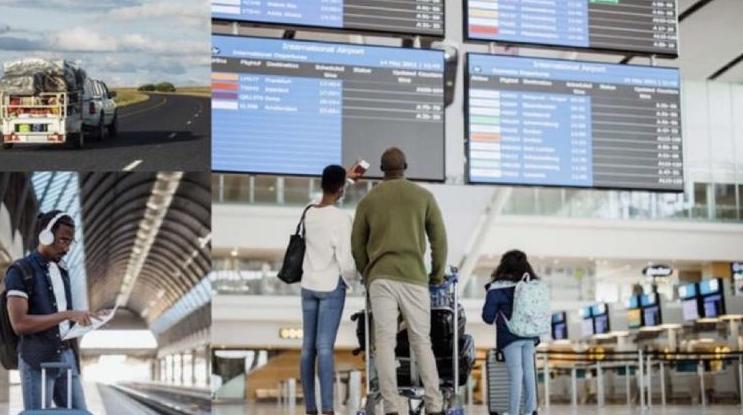
Nigeria has ranked sixth in the Africa Visa Openness Report released by the African Union and the African Development Bank.
The report, which is the seventh edition, was released at the 2022 African Economic Conference being held in Balaclava, Mauritius on Sunday.
The report noted that Benin, Seychelles and The Gambia ranked first, second and third, respectively.
The data for the 2022 edition was collected in July and August with main from the International Air Transport Association and countries’ official websites.
The report noted that 48 countries out of 54 now offer visa-free travel to the nationals of at least one other African country.
Furthermore, 42 countries offer visa-free travel to the nationals of at least five other African countries and three countries offer visa-free travel to the citizens of other countries in the continent.
Moreover, 29 countries now offer a visa-on-arrival to the nationals of at least one other African country.
Also, 24 countries offer a visa-on-arrival to the nationals of five or more countries and 14 countries offer a visa-on-arrival to 35 or more African countries.
In contrast, 32 countries still require nationals of at least half of the continent’s countries to obtain a visa before travelling.
The report further noted that reducing the number to make it possible for more people to travel visa-free, with an e-visa, or with a visa-on-arrival, would make the continent significantly more open.
Through it all, the number of countries in Africa that offer an e-visa increased from 21 in 2019 to 24 in 2020 to 2022.
South Africa and Morocco introduced e-visas in 2022, while Cabo Verde and Guinea Bissau’s e-visa portals had become inaccessible.
Also, the number of African countries that now offer travellers the option of an e-visa increased to 24 from nine countries in 2016.
The report, also known as the Africa Visa Openness Index, measures the extent to which African countries are open to visitors from other African countries.
The index analyses each country’s visa requirements to show which countries on the continent facilitate travel to their territory.
For each country, the AVOI calculates the number of African countries whose citizens must obtain a visa before travelling there.
It also calculates the number of countries whose citizens may obtain a visa on arrival, and the number of countries whose citizens do not need a visa to enter.
Each country is then assigned a visa openness score and ranked accordingly.
First published in 2016, the AVOI also tracks changes in countries’ scores over time.
This shows how countries’ policies are evolving as regards the freedom of movement across Africa.
NAN














